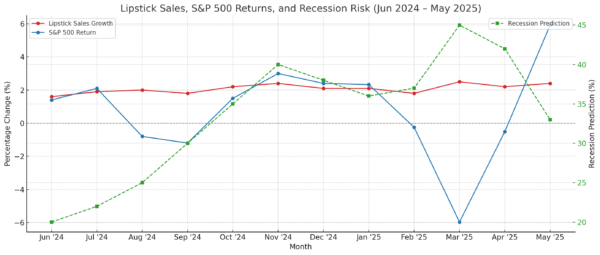What is an Investment Transaction?
When you choose to invest money, you first need to transact it. That is, you need to buy into an investment and, eventually, sell out of it. Every investment transaction is an important one because it determines your interaction with an asset. It’s a smart idea for every investor to look at investment transactions for what they are: the culmination of a decision. Once you’ve made one, you can’t take it back!
Let’s take a closer look at investment transactions: what they are, what they mean and the implications that come with them.

Opening or Closing a Position
At the simplest level, there are two types of investment transactions: opening and closing transactions. When you buy an asset, you open a position; when you sell it, you close that position to realize gains (or losses). Both types of transactions come with implications.
- Opening a position means assuming risk. The value of your investment will go up or down, because the value of the overall asset is subjective. The value is uncertain and changing while the position remains open, which is why movements are “unrealized” gains or losses.
- Closing a position locks in the investment, turning unrealized gains or losses into real gains or losses. You no longer have a stake in that investment, which means your capital isn’t affected by future price increases or decreases.
Transacting to open or close a position is the fundamental nature of investing. To participate in the stock market (or any other market), investors need to buy in. And, to tap into the wealth they’ve presumably gained at some point in the future, they’ll need to sell out. An investment transaction happens on both sides.
What to Know About Taxable Events
Almost every time you make an investment transaction, you also trigger a taxable event. Some have immediate implications; others won’t register any action until further down the road.
For example, when you open a position in a stock, you’re opening yourself to the potential for capital gains. Capital gains are a form of income, reported on your annual tax returns. However, they’re not accounted for until they’re realized. The first transaction (opening) creates a passive taxable event: eventual taxation. The second transaction (closing) realizes gains or losses, creating an active event: capital gains taxation.
Because of their nature to appreciate or depreciate, every opening position starts a taxable event and every closing transaction ends it. Throughout the life of the investment, gains or losses remain unrealized and thus, untaxed.
It’s also important to remember that there are some investment transactions that are automatic, which also have tax implications. Dividend payments, for example. Whether they’re pocketed or reinvested, each time they’re paid out to a stockholder it triggers a taxable event. The IRS taxes dividend payments as income because, in effect, they’re a form of passive income. Distribution of dividends is an investment transaction and thus, a taxable event.
Consider Time Between Transactions
Investment transactions aren’t only important for measuring tax implications. They’re also used as a judge for determining what type of investor you are. The time between opening and closing a position delineates your investment strategy:
- Same-day entry and exit marks you as a day trader.
- Entry and exit within a day or two makes you a swing trader.
- Those who buy and sell on technical signals are pattern traders.
- Those who transact into and out of a position in under a year are short-term investors.
- Investors who enter, hold and exit a position past a year are long-term investors.
Time between investment transactions is important because it’s directly tied to risk. That risk is on a bell curve. Extremely short times in a position come with low risk because the investor seeks to capitalize on very small price movements. Likewise, a very long time in a position smooths out intermittent turbulence.
There are also tax implications that differential short- vs. long-term investment transactions. The IRS taxes short-term investments at a higher rate than long-term investments. Investors need to be mindful of their time horizon when transacting different securities.
Other Types of Investment Transaction
Buying and selling (opening and closing) are the primary modes of investment transaction—but they’re not the only ones. As mentioned, dividend payouts constitute another type of transaction, since investors receive funds. Other investment transaction examples include:
- Mergers, which may involve buyouts or new share distribution.
- Stock splits and reverse splits, which see investors holdings change.
- Redemptions, which see warrants and units redeemed for shares.
These types of transactions aren’t as straightforward as buying or selling; however, they have important ramifications for the investment. It’s up to investors to make sure these types of transactions benefit them—especially if they have little-to-no control over them.
Transact Only When You’re Certain
The most important thing to remember about an investment transaction is that it’s final. The moment you open a position, you expose yourself to risk—risk that you can’t take back. If your stock plummets from $40 to $30 minutes after you open your position, that’s your reality. Closing that position locks in the loss. However, waiting for the stock to rebound could see it turn a profit. It depends on your patience and risk tolerance in-between investment transactions.
To learn how you can build wealth in your life through the stock market, sign up for the Liberty Through Wealth e-letter below. This daily newsletter gives you expert analysis on the best investment opportunities available.
It’s best to think about every investment transaction for what it is: the culmination of a decision. Opening a position means you have the confidence to grow your wealth. Closing a position is the decision to take profits or lock in losses before they get worse. In either case, it’s the decision to transact against your wealth.





